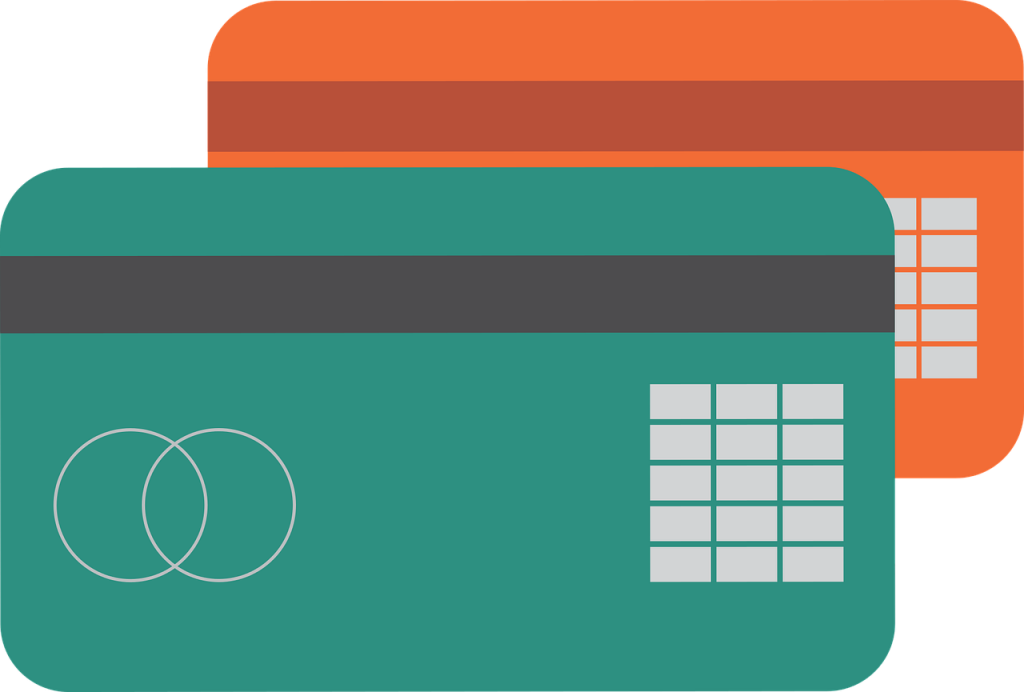You might want to get out in a mountain of debt right now and start spending your money on things you love rather than paying high monthly interest rates. However, it seems like finding the right debt company can be overwhelming.
Many offers are popping all over the internet advertising various debt consolidation companies. The question is ‒ how do you choose the right one?
What is Debt Consolidation?
Debt consolidation is the process of taking on a new loan and using that money to pay off your existing debt. Meaning, it’s one of the quickest ways to become debt-free.
Here are some reasons why it can immensely help your situation:
- With lower interest rates, it can help you save cash to pay off your existing debts.
- Repayment period is more extended, meaning it can reduce your monthly payments.
- A single loan with only a single payment will be much easier to handle than multiple loans.
Despite its advantages, debt consolidation has its potential pitfalls. Every debt consolidation option has its pros and cons and you can either be a good or bad fit for it depending on the circumstance.
In this post, we will discuss the different types of debt consolidation to help you decide what’s the right move for you.
Home equity/HELOCs

Single family house on a pile of money. The concept of real estate.
Home equity loans and home equity lines of credit also known as HELOCs allow you access to the equity you’ve built in your home. It allows you to pay off some, if not all your debt at low-interest rates.
However, there are the potential downsides of a HELOC/home equity loan:
Upfront costs- Watch out for upfront processing fees which can cancel the impact of lowering interest rates.
Long loan terms- Extending your loan term means it can reduce your monthly payments. However, extend it too far, and you would be paying off higher interest rates.
You can potentially lose your home- As your home secures these loans, once you fail to make timely payments, your property can be in jeopardy. As much as interest rates may be lower than other debt consolidation options, there is that added risk of losing your home.
Personal Loans
Personal loans usually have terms ranging from two to seven years. Usually, depending on the amount you will borrow as well as your credit score, interest rates vary from 5 to 36 percent.
You can easily qualify for a personal loan. Even with a credit score as low as 580, you can still become eligible to it. However, if your credit falls below the minimum, you can check the internet as there are websites who offer loans for people with bad credit.
Peer to Peer
One of the newer debt consolidation processes, it allows people to lend money to each other through P2P lending companies. These companies will connect you with the right people with the amount they are willing to invest. The investor gains are an interest rate that’s charged on your debt consolidation loan.
Credit Card Balance Transfer
![]()
If you have excellent credit, a credit card balance transfer is one of the cheapest debt consolidation option there is on the market.
In this kind of transaction, you open a new credit card and transfer the balance on your previously existing card to it. You will be charged a small fee for the transfer.
A credit card balance transfer works best for people who have excellent credit. Some offers even have 0 percent interest rates that range anywhere from 12-21 months.
However, it can also have potential downsides:
- To qualify for the best interest promotional periods, you need to have a credit score of 700 or above.
- Many cards charge fees as much as 3 to 5 percent of the total amount that you transfer. Thus, it can potentially eat away your savings.
- If you don’t pay your loan back during the duration of the promotional period, interest rates can soar.
- Not advisable for people with high levels of debt.
In Summary
Given these options, how can you ensure that you stay out of debt? More importantly, how can you choose the right type of debt consolidation loan that fits your situation? Selecting the right option means it will be easier to pay off your bills, and you’re unlikely going to fall into a mountain of debt in the future.
Therefore, it is best to consider a few key variables first that can influence your decision. Determine how much money you owe, determine your credit score and compare the interest rates from various debt consolidation loans. Don’t forget to address the root of the problem as well.
By understanding the pros and cons of each of these options, you can make an informed choice that can give you financial freedom and help you live a debt-free life.

